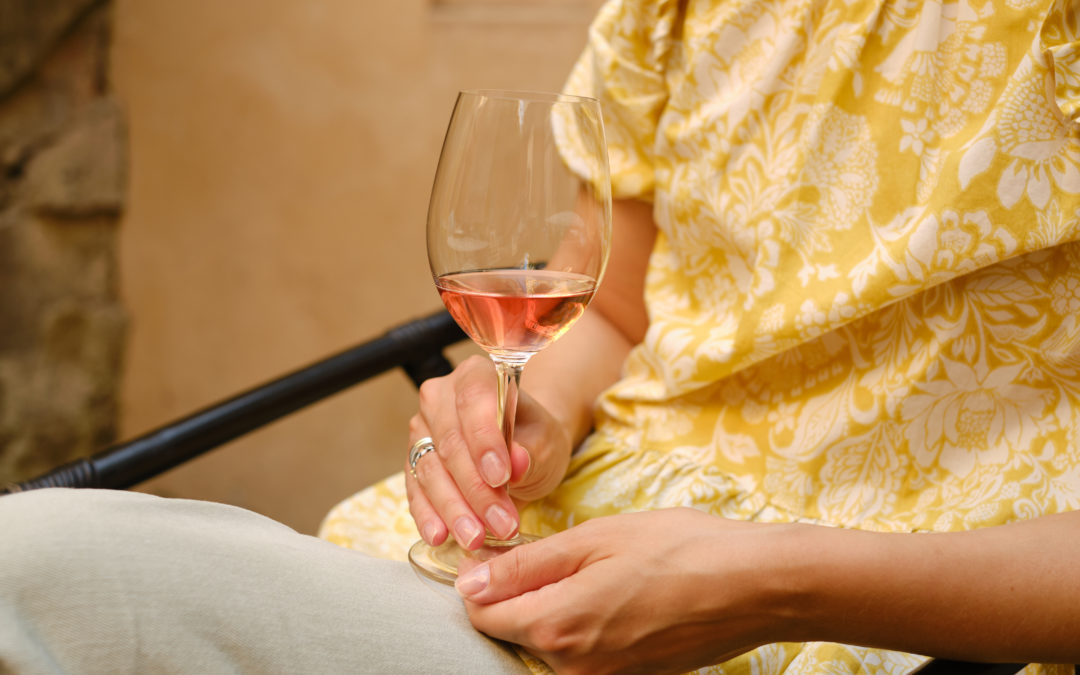Recent studies indicate that alcohol consumption greatly increased during the COVID-19 pandemic. We talked with family medicine physician Dr. Steven Fox to get a medical perspective on this trend.
Q: What is driving the recent rise in alcohol use?
A: For many people, the COVID-19 pandemic has led to an increase in loss, social isolation, and worsening mental health conditions like anxiety and depression. As a result, alcohol consumption has risen as people seek ways to cope with increased stress.
Q: Is moderate alcohol use good for us?
A: Although alcohol is readily available and has the appeal of short-term relief from day-to-day stresses, no amount of alcohol consumption leads to improved health. In fact, alcohol is a known depressant that can disrupt sleep, dehydrate, and increase the risk of heart disease, dementia, digestive cancers, urologic cancer, and liver disease.
Q: What are some better ways to cope with stress?
A: Here are some coping strategies that are better alternatives to substances like alcohol. Best of all, these practices can add years to your life — and life to your years.
- Get moving – Make it a goal to get in 150 minutes of moderate exercise every week and resistance training twice per week. Moderate exercise eases muscle tension and produces endorphins, which trigger positive feelings in the body.
- Eat a healthy diet – Healthy eating isn’t just good for the body – it can also improve mental health. Adding fruits and vegetables into your diet is a great place to start.
- Get 7-9 hours of high-quality sleep – Sleep and mood are closely connected; poor or restless sleep can cause irritability and stress, while healthy sleep can enhance well-being.
- Practice mindfulness and/or meditation – Studies suggest that mindfulness and meditation practices affect many aspects of mental well-being—improving mood, increasing positive emotions, and decreasing our anxiety, emotional outbursts, and burnout.
- Engage socially – Gather regularly with a small group to create community. Socialization increases a hormone that decreases anxiety levels and makes us feel more confident in our ability to cope with stressors. Spending time with others directs our energy outward.
- Practice gratitude – Many studies have found that people who consciously count their blessings tend to be happier and less depressed. Taking a few minutes a day to think about the things in your life you are grateful for can change your perspective on life for the better.
Like the proverb says, “A journey of a thousand miles begins with a single step.” Try taking small steps in just one area to help start the process. Here are some tips I give my patients:
- Put on your sneakers before eating dinner so you are ready for a walk.
- Challenge yourself to a meatless Monday for 12 weeks to build a collection of go-to meals.
- Set a bedtime alarm to begin your wind-down for the day.
- Set aside two minutes to reflect on your day three times a week.
Dr. Fox recommends talking with your primary care provider about your stress levels and coping strategies. Your doctor can help guide you to healthier choices that work for you – and put you in touch with local resources should alcohol become a problem. Find a doctor here.
Dr. Steven Fox is a Family Medicine and Certified Lifestyle Medicine provider with Erlanger Primary Care.







